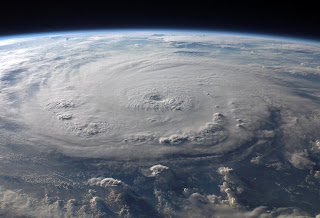script type="text/javascript">
atOptions = {
'key' : '5af7cb75a0e032b781ccbc21fd56aaaa',
'format' : 'iframe',
'height' : 50,
'width' : 320,
'params' : {}
};
document.write('
Sections
- #Allworldsinformation
- #ELECTRICAL MACHINES
- #ELECTROMAGNETIC FIELD THEORY (EMT) MAXWELL EQUATION
- #Electromagnetic Fields
- #ENGINEERING DRAWING
- #Ozone Layer
- #Statistical physics
- #sub-health
- #Techonology
- #Thunder strom
- #Tiktok#tiktokpakistan
- Articles
- ATMOSPHERE LAYER OF EARTH
- Beautiful Video
- Corona Virus
- EARTH
- ELECTRONIC ENGINEERING TECHNOLOGY
- Games
- GLOBAL WARMING
- Health
- HISTORY OF ASTRONOMY
- History Of Coffee
- Life On Earth
- Salt
- Techonology
- Thyroids Cases
- Thyroids Cases Types
- What is cellular?
Trending now

ELECTRICAL MACHINES
ELECTRICAL MACHINES MOTOR Electric machine (Electric Machine) is a general term f…

Ozone Layer
Ozone Layer What is the ozone layer? The sun radiates light and heat on the earth, and …

Statistical physics
Statistical physics The substance Statistical Physics microstructure and microscopic p…

Health
Health Eat fast: You have a good appetite when you eat, and you can eat a meal quick…

ATMOSPHERE LAYER OF EARTH
ATMOSPHERE LAYER OF EARTH EARTH'S ATMOSPHERE The Earth's atmosphere, …








Comments
Post a Comment